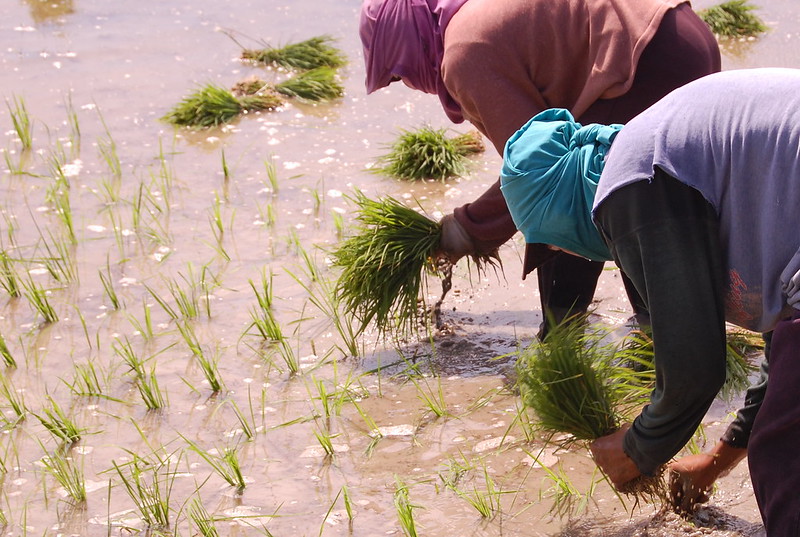Improving Food Security in the Philippines
 The Philippines, a Southeast Asian country that is famous for its cultural richness and diverse landscape, struggles with a significant poverty rate of 18.1%. One of the factors contributing to this high percentage is the lack of food security in the Philippines. According to the UN, “the Philippines recorded the highest number of food insecure people in Southeast Asia from 2017 to 2019.” This insecurity stems from unpredictable weather patterns and social inequality.
The Philippines, a Southeast Asian country that is famous for its cultural richness and diverse landscape, struggles with a significant poverty rate of 18.1%. One of the factors contributing to this high percentage is the lack of food security in the Philippines. According to the UN, “the Philippines recorded the highest number of food insecure people in Southeast Asia from 2017 to 2019.” This insecurity stems from unpredictable weather patterns and social inequality.
The Role of GMOs in Improving Food Security
To combat food insecurity, various agrochemical companies have been genetically modifying crops globally since the 1990s. The Philippines has been actively involved in approving genetically modified organisms (GMOs) for commercial use, including Bacillus thuringiensis (Bt) corn, Bt eggplant, and golden rice.
Golden Rice: A Solution to Vitamin A Deficiency
Golden rice, named for its golden-orange appearance, gained approval in 2021 due to its rich content of beta-carotene, a vital nutrient that a third of preschool-aged children are deficient in. The introduction of golden rice aims to reduce visual impairments and digestive issues that are a result of low vitamin A intake.
Positive Impacts of GM Technology
Beyond addressing nutrient deficiencies, GM technology offers various positive impacts. By utilizing GMOs, the use of chemical pesticides could be reduced by 37%, thus minimizing the environmental impact. Some reports have linked artificial pesticides to diseases and behavioral changes in animals, resulting in decreased reproduction and survival rates.
Controversy Surrounding GMOs
Despite the potential benefits, opposition to GMOs remains strong. Concerns about the sustainability of genetically modified crops have led to a recent Supreme Court writ prohibiting their commercial release.
Wilhelmina Pelegrina, the Southeast Asia strategy and analysis director for Greenpeace, stated in a press release that this decision “is a win for farmers and Filipinos who have long opposed genetically modified (GM) crops and the harm they bring to the people and the environment.”
The press release voiced the concerns of many GMO skeptics who argue that the Department of Agriculture should be prioritizing ecological agriculture in a way that equally addresses the needs of the farmers and access to nutritional food. Greenpeace suggests that the Department of Agriculture’s funding of GMOs only benefits larger corporate interests as opposed to the interests of the poor.
The Path Forward
With an anticipated surge in food demand by 2050, addressing food security becomes imperative. In Addition, the discourse between activists, lawmakers and the government could play a crucial role in determining the future approach to farming. As things stand, balancing the need for food security with concerns about GMOs remains an ongoing challenge in the Philippines.
– Christian Vince
Photo: Flickr
